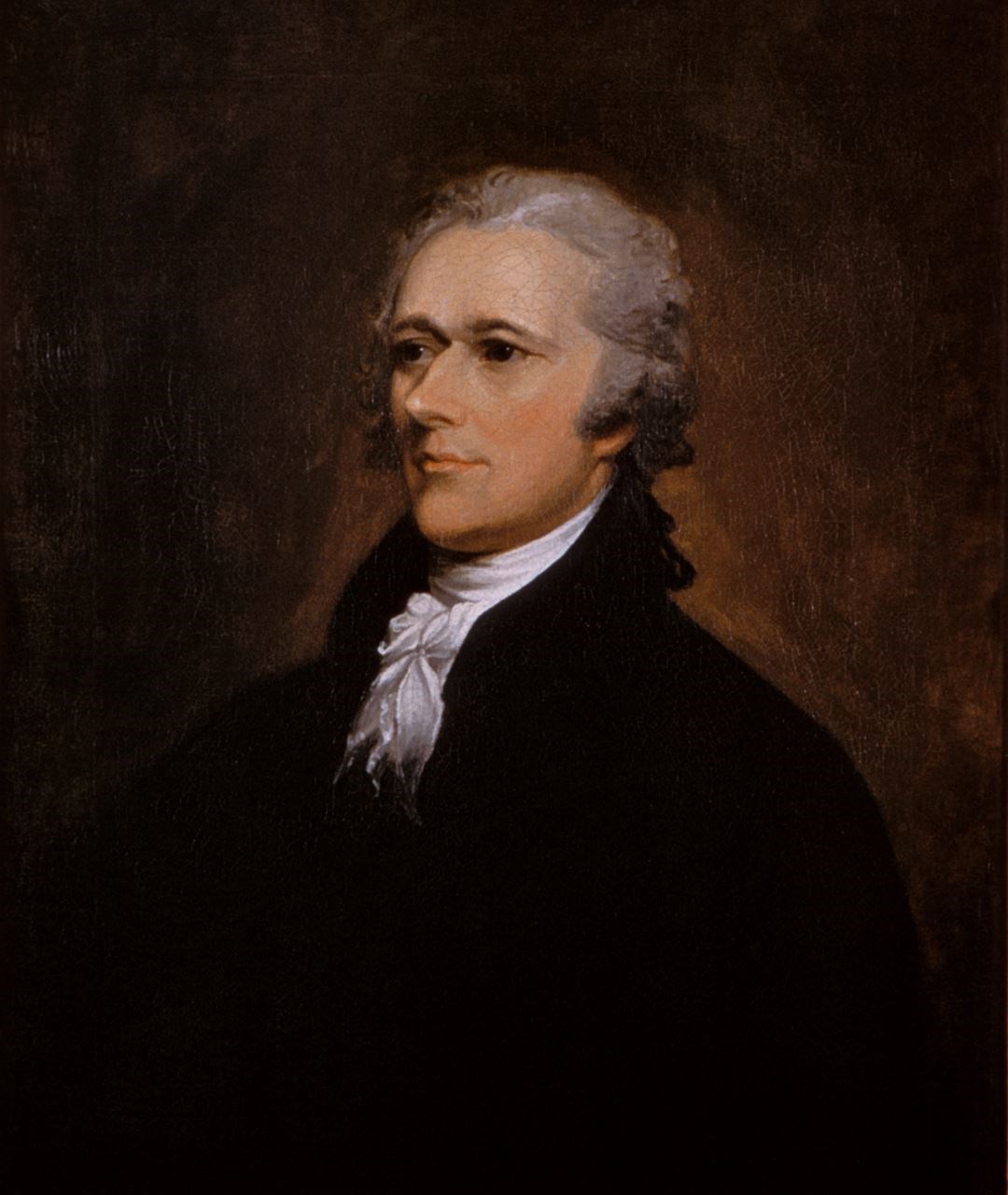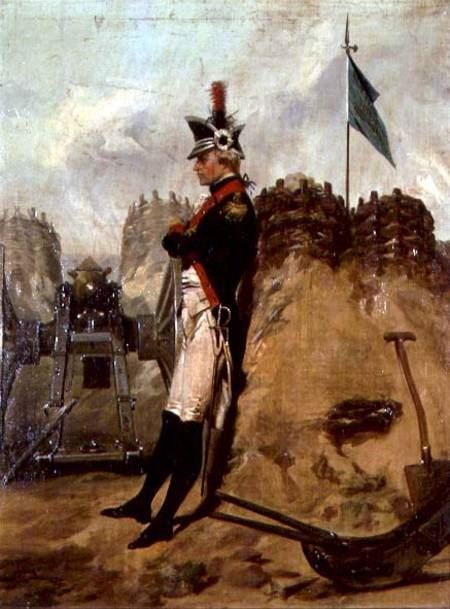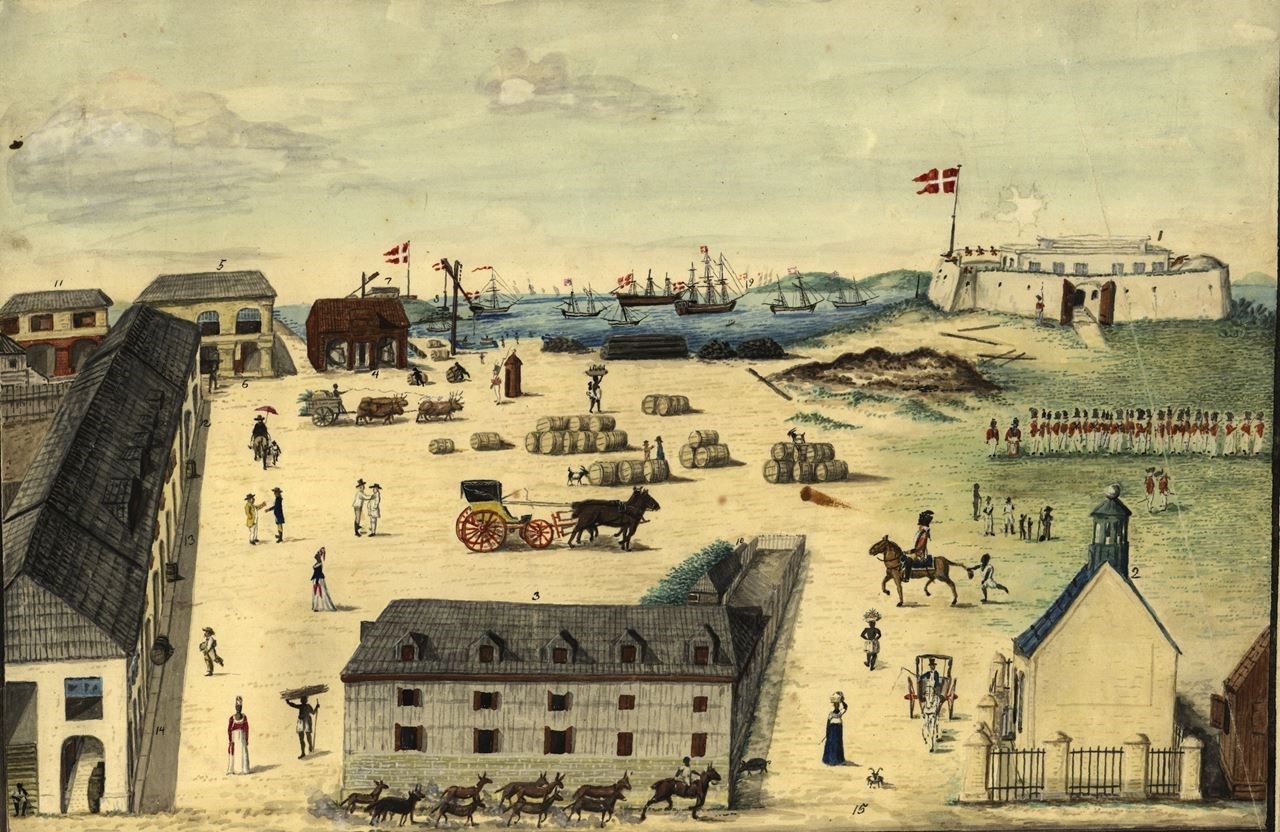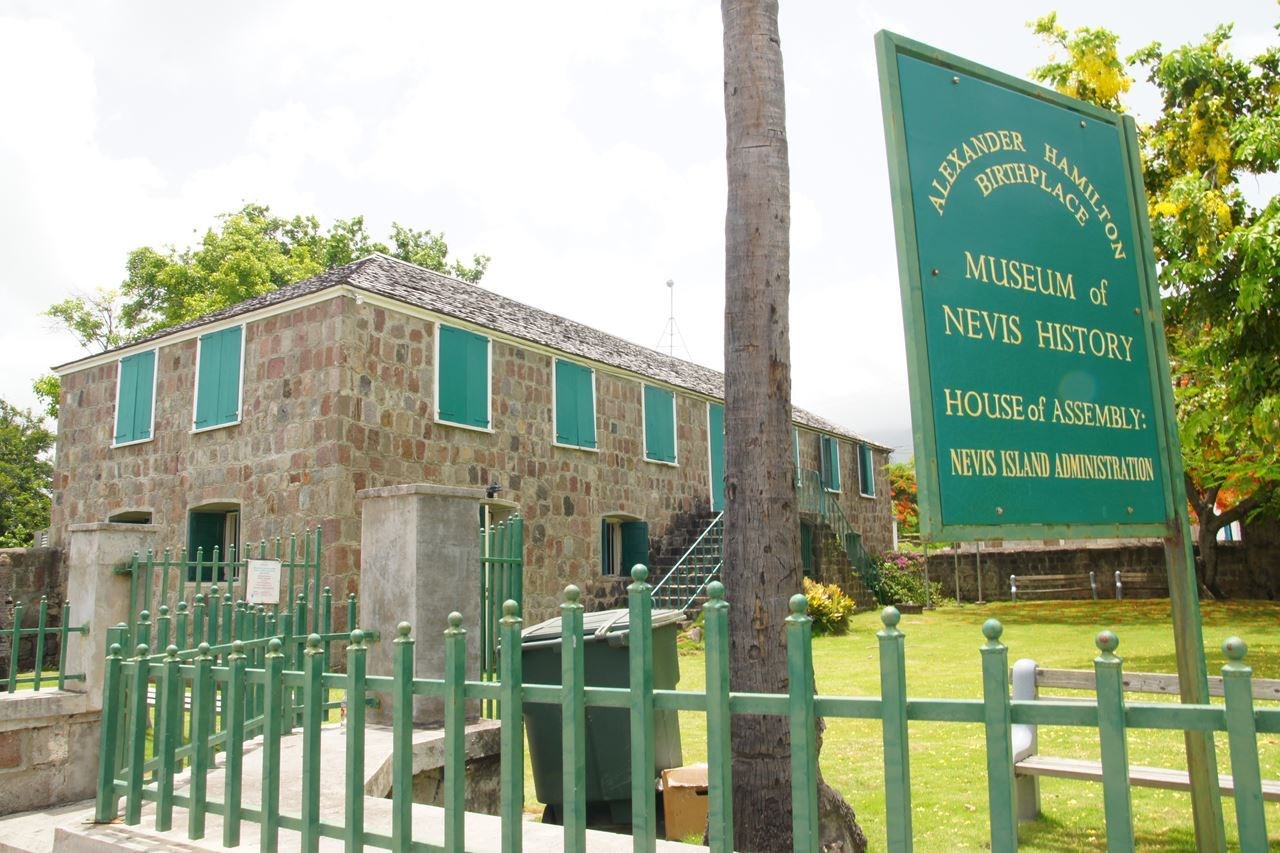There is a certain enthusiasm in liberty, that makes human nature rise above itself, in acts of bravery and heroism.
-Alexander Hamilton
 Alexander HamiltonJohn Trumbull [Public domain]“A hero is an ordinary individual who finds the strength to persevere and endure in spite of overwhelming obstacles” (Reeve). Christopher Reeve, star American actor who became famous for his role as the original Superman, explains his definition of a hero. His word choice is important, he does not say superhero, he says a hero. It is important to realize that heroes are not only the caped crusaders who are so prominent in today’s culture. It’s easy to identify a superhero, but people may not truly know who they consider a hero. The dictionary defines a hero as: “a person noted for courageous acts or nobility of character” (Hero). Heroes are everyday people like the teacher who tutors a student after school or the working mother and father who put their children's needs first. Heroes can be larger than life like the basketball player who donates money to charity or the politician who devotes his time to help others. The traits possessed by these people; courage, honor, selflessness, bravery, and forward-thinking, are all heroic traits. Superpowers like flight are not necessary for heroes, they need to believe in something bigger than themselves and strive to achieve their goal. A true hero is someone who makes an extraordinary impact on society by using his or her intelligence, defending their honor, and looking towards a better future no matter the situation.
Alexander HamiltonJohn Trumbull [Public domain]“A hero is an ordinary individual who finds the strength to persevere and endure in spite of overwhelming obstacles” (Reeve). Christopher Reeve, star American actor who became famous for his role as the original Superman, explains his definition of a hero. His word choice is important, he does not say superhero, he says a hero. It is important to realize that heroes are not only the caped crusaders who are so prominent in today’s culture. It’s easy to identify a superhero, but people may not truly know who they consider a hero. The dictionary defines a hero as: “a person noted for courageous acts or nobility of character” (Hero). Heroes are everyday people like the teacher who tutors a student after school or the working mother and father who put their children's needs first. Heroes can be larger than life like the basketball player who donates money to charity or the politician who devotes his time to help others. The traits possessed by these people; courage, honor, selflessness, bravery, and forward-thinking, are all heroic traits. Superpowers like flight are not necessary for heroes, they need to believe in something bigger than themselves and strive to achieve their goal. A true hero is someone who makes an extraordinary impact on society by using his or her intelligence, defending their honor, and looking towards a better future no matter the situation.
Throughout history, many people have displayed these traits. One such person is Alexander Hamilton. He overcame his challenging childhood to become one of the most influential Founding Fathers. He applied his intelligence and progressive thinking to better American society, and maintained his honor, benefiting all Americans. Alexander Hamilton was born in 1755 on the island of Nevis in the British West Indies. Shortly after Alexander’s father abandoned them, his family moved to St. Croix. At age 11, his mother died and he and his brother moved in with his cousin who promptly committed suicide. Before he was 12, Alexander and his brother James were poverty-stricken, illegitimate orphans (his mother and father were not married). In 1772, a hurricane-ravaged St. Croix. Hamilton, at the time working for a small trading company, wrote a letter to his father describing the great storm. His letter caught the attention of his employers, who arranged for him to be sent to Columbia University for a formal education. Soon after his arrival in America, the Revolutionary War began and Alexander immediately joined the effort. He desired glory on the battlefield but soon became indispensable to General George Washington, becoming his aide-de-camp in 1777. During the war, he married Elizabeth Schuyler, the second daughter of the wealthy Schuyler family, and they had eight children. After the war, he helped ratify the new Constitution by writing the Federalist Papers and became the first Secretary of the Treasury in 1789. During an 1804 duel, Aaron Burr killed Hamilton. Even though he achieved so much, people still wonder if he is a hero. A hero must possess heroic traits and inspire others. Hamilton defended his honor and the honor of his country with his life. Honorable people have confidence in what they stand for and are willing to defend their ideals justly, making them heroic. Hamilton was also a progressive thinker. His ideas were revolutionary and controversial at the time, but a lot of his policies are still in place today and working better than ever. By utilizing his forward thinking and progressive ideas to better the lives of both colonial and modern Americans, and valuing his honor above all else, Alexander Hamilton epitomizes the nature of a hero.
 "Alexander Hamilton (1757-1804) in the Uniform
"Alexander Hamilton (1757-1804) in the Uniform
of the New York Artillery" by Alonzo Chappel (1828-1887)Alonzo Chappel [Public domain]Hamilton used his forward thinking to selflessly benefit colonial and modern Americans by providing America the economic stability it requires to be a global superpower. Most of the Founding Fathers were progressive thinkers, but none more so than Hamilton. Although he took part in the writing and ratification of the new Constitution, the majority of Hamilton’s revolutionary ideas were on the subject of finance. Since he got his start as a trader on St. Croix, he had firsthand experience in the dealings of commerce. Because of this, he saw what most politicians didn’t at the time, the future of commerce. He wrote about this in his Report on the Subject of Manufactures to Congress: “to the subject of Manufactures; and particularly to the means of promoting such as will tend to render the United States, independent on foreign nations, for military and other essential supplies,”... “have led to serious reflections on the necessity of enlarging the sphere of our domestic commerce: the restrictive regulations, which in foreign markets abridge the vent of the increasing surplus of our Agricultural produce” (Hamilton). In this excerpt, Hamilton laid out one of the most important economic principles in American history. He states that to achieve economic growth, America must focus on manufacturing instead of agriculture. When the colonies were English, their primary job was to provide the mainland with raw materials and food. Naturally, the new government turned to agriculture to establish U.S. credit and pay back war debts quickly. Hamilton, however, saw the future and realized agriculture wouldn’t set America apart. Keep in mind, the industrial revolution was just beginning at this time so the concept of manufacturing was still new. Hamilton knew that economic stability could only be attained if you had a distinct advantage, like skilled workers. He was right, America became a world superpower on the backs of manufacturers. And this idea is just as relevant today as it was 300 years ago. In the last 50 years, a lot of American manufacturing jobs have gone overseas and we are working to bring them back, showcasing the idea’s significance.
In another article written about Hamilton's works, specifically the “Federalist Papers”, the author explains Alexander’s general impact: “he laid down the basic economic principles upon which the U.S. government has, in general, operated ever since. Hamilton believed the states should be subordinate to the federal government. The federal government, in turn, should protect the states from foreign intervention and from each other,”... “By August 1791, the country's credit rating was strong and its bonds traded well in international and domestic markets. Between 1790 and 1795, the U.S. gross domestic product rose from $189 million to $383 million” (Gale). In the first quote, the author explains how Hamilton’s thinking impacted society, for instance, the principal of a strong federal government. In the second example, the author provides evidence of the impact, illustrating how the country went from no credit to great credit and our GDP went up over 100% shortly after the war. This is important because the author touches on both sides of Hamilton’s story. He was able to introduce a competitive American economy to the global stage in just 15 years. However, he also built a sustainable economy, one which remains one of the largest in the world, accounting for 25% of gross world product (Investopedia). The American economy proves that Alexander Hamilton was the forward thinker that America needed at the time.
As was said previously, Hamilton helped the other Founding Fathers ratify the Constitution. Hamilton was a federalist, someone who was a major proponent of the Constitution and a strong central government. Hamilton defended the Constitution, specifically the idea of a president, in the Federalist Paper No. 69: “Calculating upon the aversion of the people to monarchy, they have endeavored to enlist all their jealousies and apprehensions in opposition to the intended President of the United States; not merely as the embryo, but as the full-grown progeny, of that detested parent” (Hamilton). In this excerpt from his pamphlet, Hamilton points out that many people took offense to the idea of a president because it reminded them of King George. This was a valid concern, but Hamilton saw that America would need a prominent figure to support them. So, he used the great eloquence, that made him invaluable to General Washington, to support the Constitution he fought for. He eventually convinced enough people to ratify the Constitution that remains in effect today. He was right, we do need a president to be the face of our nation and someone to look up to. Although a lot of Americans did not want a president, including future president Thomas Jefferson, Hamilton went against the grain because of his progressive thinking which enhanced the lives of the people around him. Hamilton can definitely be considered a hero because of how he used his forward thinking to selflessly assist others.
 St. Croix in the seventeen hundreds, home of Alexander and his brother, James.https://www.historieblogg.no/?p=1039Alexander Hamilton valued his honor more than his life, enabling him to positively influence America’s future. One of the hallmarks of Hamilton’s personality was his honor. As award winning author Martha Brockenbrough said: “His honor was the sum around which his thoughts and actions orbited… For the sake of his honor, he would step outside the law” (199). Because of his tumultuous childhood, Alexander felt everyone around him had something against him and he had to defend himself like he did on the island of St. Croix. He also took something else away from St. Croix: the horrors of slavery. In this biography written by the American Library Association, the author describes how his upbringing affected his political view later in life: “Hamilton grew up in the heart of the Caribbean sugar economy, which generated vast wealth from slave labor. Hamilton, recognizing the injustice, would become a leader in the anti-slavery movement in the United States” (ALA). He witnessed slavery first hand because he grew up in “the heart of the Caribbean sugar economy” and realized that human bondage was against his honor and moral code. Later in life, Hamilton became close with Elias Boudinot, a prominent figure in the abolitionist movement, and worked with her to help secure the rights of slaves. Slavery wasn’t Hamilton’s forefront concern, but it remained in the back of his mind because of his strict moral code. Hamilton’s honor wasn’t only what he felt about himself, it also connected to his ultimate goal, making America a capable and prosperous country. We see this when Aaron Burr and Thomas Jefferson were running for president. Jefferson was Hamilton’s bitter rival and they had different views on almost everything, but Hamilton tolerated Burr. To the entire country's surprise, Hamilton writes a letter supporting Jefferson. He says of Burr: “He is in every sense a profligate; a voluptuary in the extreme, with uncommon habits of expense; in his profession extortionate to a proverb; … His very friends do not insist upon his integrity,” … “The truth seems to be that he has no plan but that of getting power by any means and keeping it by all means” (Hamilton). Here we see that Hamilton’s personal honor wasn’t the only thing that he held dear. He put America's future honor above his own by supporting Jefferson, the same man who humiliated him years earlier. He described Burr as a “profligate”, someone who is reckless or wasteful with resources, and says that he practices the “profession extortionate”, committing government fraud. Hamilton didn’t want this for his country. He didn’t have a personal grudge against Burr, but he felt that Burr would not stand for the country and would rather Thomas Jefferson be President because Jefferson would at least fight for his country. Hamilton valued his honor and thought every man should, and someone who does not shouldn’t lead his country. Alexander was determined to keep its future safe and was willing to vote for his worst rival to ensure America's long and successful future. His value of honor set him apart from other American people and allowed him to establish an American future based on his ideals.
St. Croix in the seventeen hundreds, home of Alexander and his brother, James.https://www.historieblogg.no/?p=1039Alexander Hamilton valued his honor more than his life, enabling him to positively influence America’s future. One of the hallmarks of Hamilton’s personality was his honor. As award winning author Martha Brockenbrough said: “His honor was the sum around which his thoughts and actions orbited… For the sake of his honor, he would step outside the law” (199). Because of his tumultuous childhood, Alexander felt everyone around him had something against him and he had to defend himself like he did on the island of St. Croix. He also took something else away from St. Croix: the horrors of slavery. In this biography written by the American Library Association, the author describes how his upbringing affected his political view later in life: “Hamilton grew up in the heart of the Caribbean sugar economy, which generated vast wealth from slave labor. Hamilton, recognizing the injustice, would become a leader in the anti-slavery movement in the United States” (ALA). He witnessed slavery first hand because he grew up in “the heart of the Caribbean sugar economy” and realized that human bondage was against his honor and moral code. Later in life, Hamilton became close with Elias Boudinot, a prominent figure in the abolitionist movement, and worked with her to help secure the rights of slaves. Slavery wasn’t Hamilton’s forefront concern, but it remained in the back of his mind because of his strict moral code. Hamilton’s honor wasn’t only what he felt about himself, it also connected to his ultimate goal, making America a capable and prosperous country. We see this when Aaron Burr and Thomas Jefferson were running for president. Jefferson was Hamilton’s bitter rival and they had different views on almost everything, but Hamilton tolerated Burr. To the entire country's surprise, Hamilton writes a letter supporting Jefferson. He says of Burr: “He is in every sense a profligate; a voluptuary in the extreme, with uncommon habits of expense; in his profession extortionate to a proverb; … His very friends do not insist upon his integrity,” … “The truth seems to be that he has no plan but that of getting power by any means and keeping it by all means” (Hamilton). Here we see that Hamilton’s personal honor wasn’t the only thing that he held dear. He put America's future honor above his own by supporting Jefferson, the same man who humiliated him years earlier. He described Burr as a “profligate”, someone who is reckless or wasteful with resources, and says that he practices the “profession extortionate”, committing government fraud. Hamilton didn’t want this for his country. He didn’t have a personal grudge against Burr, but he felt that Burr would not stand for the country and would rather Thomas Jefferson be President because Jefferson would at least fight for his country. Hamilton valued his honor and thought every man should, and someone who does not shouldn’t lead his country. Alexander was determined to keep its future safe and was willing to vote for his worst rival to ensure America's long and successful future. His value of honor set him apart from other American people and allowed him to establish an American future based on his ideals.
 The Hamilton House, Charlestown, NevisDaniel Farrell [CC BY-SA 3.0 (https://creativecommons.org/licenses/by-sa/3.0)]
The Hamilton House, Charlestown, NevisDaniel Farrell [CC BY-SA 3.0 (https://creativecommons.org/licenses/by-sa/3.0)]
As Alexander Hamilton once said, “Those who stand for nothing, fall for anything” (Hamilton). He was referring to a person's beliefs and honor, something he thought everyone should have. And he is right, to be a hero in society there are certain traits a person must possess, like perseverance, forward-thinking, and honor. Throughout his life, Hamilton showcased those very qualities. He used great perseverance to escape a tough childhood, used his progressive nature to prosper in his new environment, and fought for his countries honor in order to secure its longevity. Heroes also need to inspire people. Superheroes like Batman and Superman have tremendous impacts, many kids dress up like them for Halloween and want to be like them. Real heroes inspire people in a different way. Few kids dress up like a mom or a teacher, or in this case Hamilton. Hamilton’s name wasn’t even well known until the Broadway play, Hamilton, became a smash hit. So has Hamilton inspired anyone? In short, yes. Because of the play, many young kids are interested not only in Hamilton’s story, but the story of all Founding Fathers and the Revolutionary War. As James Baker, president of the Gilder Lehrman Institute said, “students are finding it the most wonderful era to dive into and take ownership themselves" (Baker). Now, more and more kids are becoming flourishing history buffs, giving them a passion that can develop into a career. Heroes inspire people in this way, making them want to take part in something bigger than themselves and to have confidence in their abilities. Hamilton inspired me in this way as well. I was petrified to go to high school because I didn’t know what to expect. I didn’t know many people and the school was alien to me. I had recently read a story about Hamilton and remembered how he arrived in America knowing no one, but quickly became successful because he had confidence in himself and put himself out to the public. I decided to do this myself and it paid off. I joined the cross country and track teams and made excellent friends. I focused on my classwork and was awarded the opportunity to speak on a panel to incoming Freshman parents. Hamilton inspired me to make an effort and try something I had never done before. Because of that, I now love high school and enjoy it every day. So what is a hero? Is it someone who puts on a super suit and fights crime, or is it the pedestrian who helps an elderly couple across the street? Is it the person born with everything and works his or her whole life to give back, or is it the person born with nothing who works all the way to the top? I think Hamilton has shown us all. A hero is an ordinary person who does extraordinary things and overcomes great obstacles to achieve their altruistic goals. So next time you find yourself in a demanding situation, ask yourself: what would a hero like Hamilton do?
Works Cited
Admin. “Alexander Hamilton: The Man Who Made Modern America.” Tools, Publications & Resources, American Library Association, 19 Dec. 2011, www.ala.org/tools/programming/hamilton/exhibitionscript.
Brockenbrough, Martha. Alexander Hamilton, Revolutionary. New York: Feiwel and Friends, 2017.
CBS News. “Kids Learn a Love of American History through ‘Hamilton’-Themed Summer Camps.” CBS News, CBS Interactive, 6 Sept. 2017, www.cbsnews.com/news/hamilton-kids-learn-love-of-history-through-broadway-musical/.
"Federalist Papers." Gale Encyclopedia of U.S. Economic History, edited by Thomas Riggs, 2nd ed., vol. 1, Gale, 2015, pp. 435-438. Biography In Context, https://link.galegroup.com/apps/doc/CX3611000314/BIC?u=powa9245&sid=BIC&xid=8a6fca98. Accessed 15 Apr. 2018.
Hamilton, Alexander. “Founders Online: Alexander Hamilton's Final Version of the Report on the Subjec ...” National Archives and Records Administration, National Archives and Records Administration, founders.archives.gov/documents/Hamilton/01-10-02-0001-0007.
Hamilton, Alexander. “Founders Online: Enclosure: Opinions on Aaron Burr, [4 January 1801].” National Archives and Records Administration, National Archives and Records Administration, founders.archives.gov/?q=enclosure:opinions on aaron burr&s=1111311111&sa=&r=1&sr=.
Hamilton, Alexander, James Madison, and Jon Jay. "The Federalist Papers." The Federalist Papers - Congress.gov Resources -. Accessed April 15, 2018. https://www.congress.gov/resources/display/content/The Federalist Papers#TheFederalistPapers-67.
“Hero.” Dictionary.com, Dictionary.com, www.dictionary.com/browse/hero.
(ICFAI), Prableen Bajpai CFA. “The World's Top 10 Economies.” Investopedia, Investopedia, 20 Apr. 2018, www.investopedia.com/articles/investing/022415/worlds-top-10-economies.asp.
Reeve, Christopher. “Christopher Reeve Quotes.” BrainyQuote, Xplore, www.brainyquote.com/quotes/christopher_reeve_141891
Page created on 5/28/2018 4:42:35 PM
Last edited 12/9/2024 2:32:46 PM
